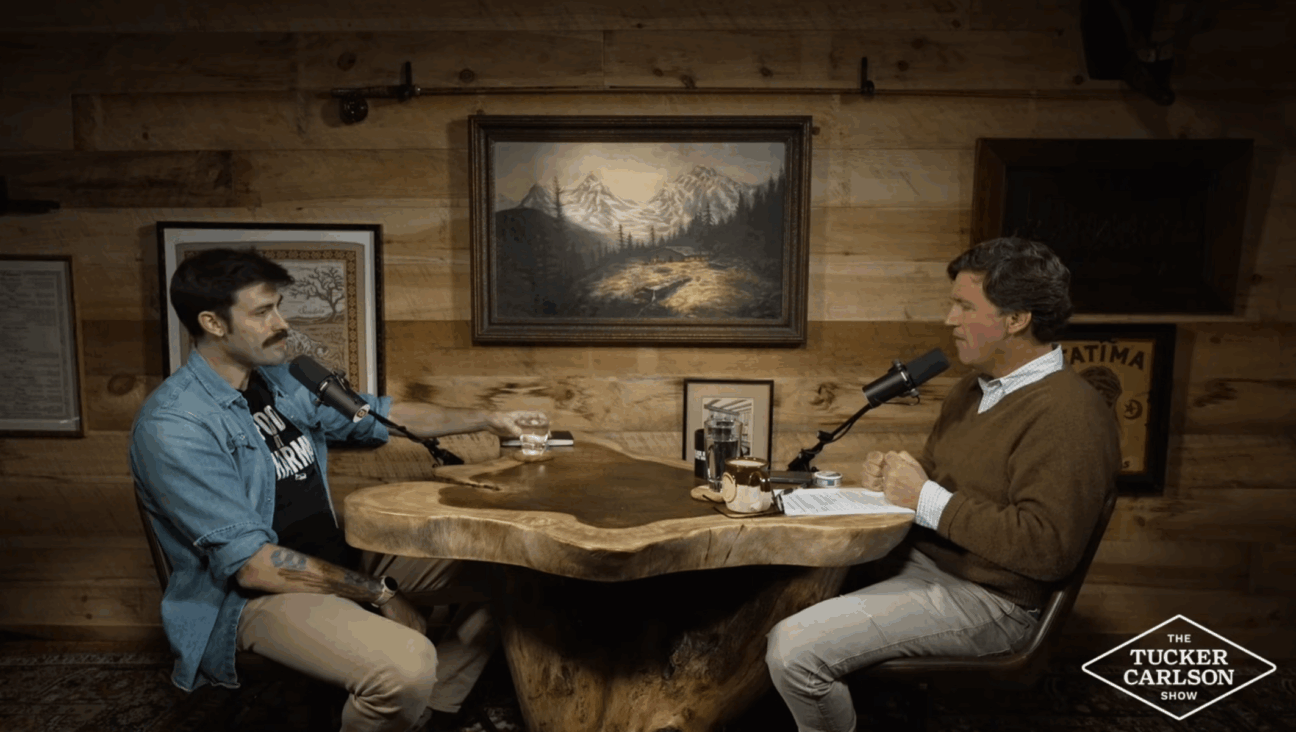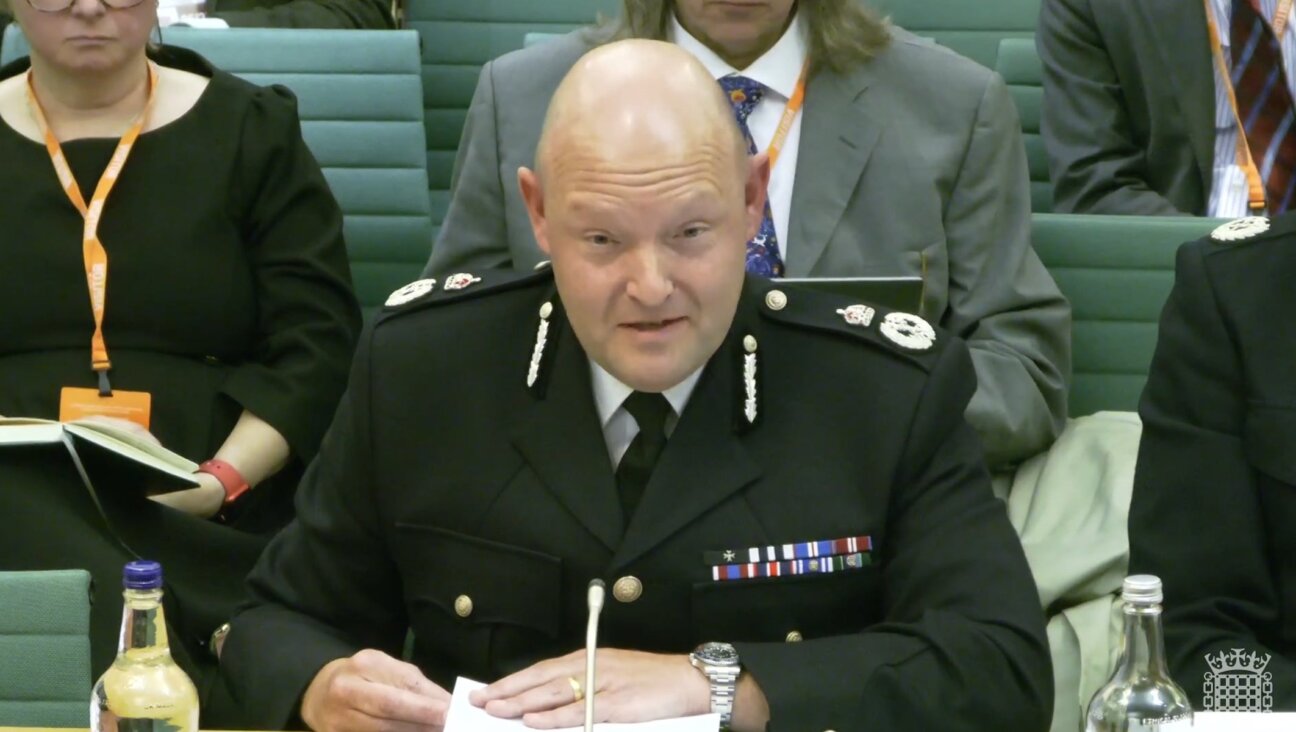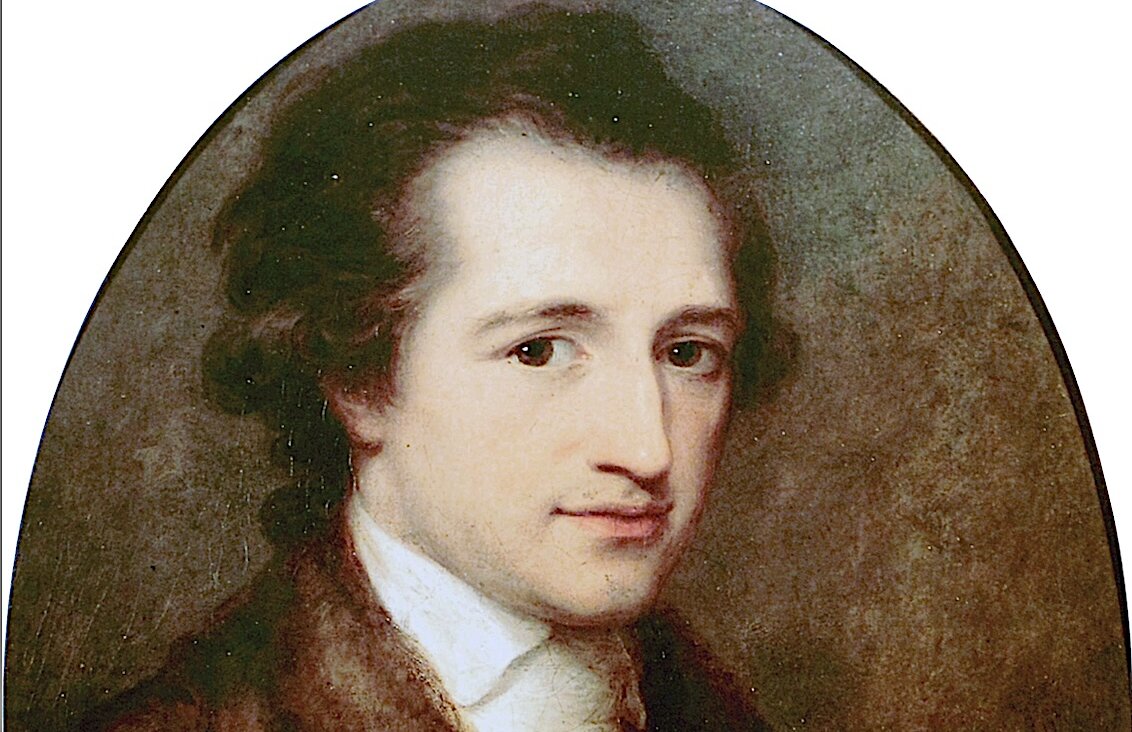Alexander Shulgin, ‘Godfather’ of Psychedelic Drugs, Dies at 88

Graphic by Angelie Zaslavsky
(Reuters) — Alexander Shulgin, who over the course of 40 years of scientific research created some 200 psychedelic compounds, earning the nickname “Godfather of ecstasy” for his pioneering work with the drug, has died at the age of 88.
Shulgin died on Monday at his home in Northern California, “surrounded by family and caretakers and Buddhist meditation music,” according to a Facebook post by his wife and research partner, Ann.
Though he is best known for popularizing the once-obscure drug now known to the world as MDMA, or ecstasy, some 60 years after it was first patented, Shulgin is credited with creating some 200 other psychoactive compounds.
“I’ve always been interested in the machinery of the mental process,” he told the New York Times in a 2005 interview at his home laboratory.
A native of Berkeley, California, Shulgin studied organic chemistry at Harvard before dropping out to join the U.S. Navy during World War Two, according to a biography on his official website.
Following his service, he earned his PhD in biochemistry from the University of California at Berkeley and went to work as a chemist for the Dow Chemical Company, where he took a strong interest in psychopharmacology after taking mescaline and having what he called a profound experience.
Shulgin, who left Dow in 1965, famously first tested many of his drugs on himself, his wife and his friends.
He first began studying MDMA in 1976 after a graduate student brought the drug to his attention, and he became first to document its effect on humans, long before it became popular in nightclubs.
In 1992 Shulgin and his wife published PiHKAL (Phenethylamines I Have Known and Loved): A Chemical Love Story, a book described by the Times as a “thinly fictionalized” account of his and Ann’s lives combined with descriptions of 179 drugs and their synthesis.
The paper said that book made Shulgin both an underground celebrity and a target for the U.S. Drug Enforcement Administration, which raided his home and lab in 1993.















